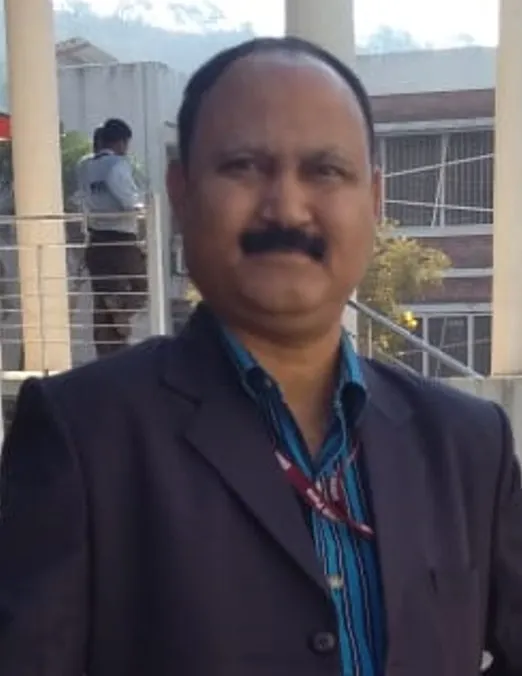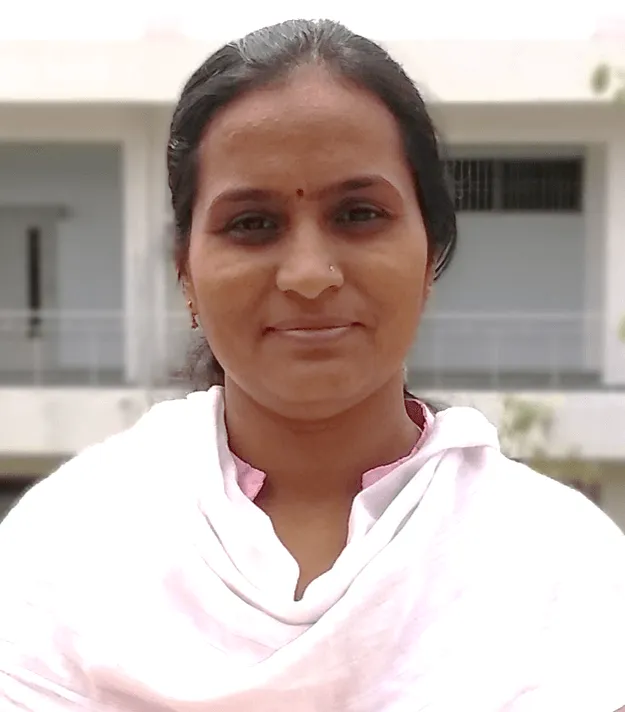| Title:Enablers and Barriers of Civil Military Relations in India: An Interpretive Structural Modeling Approach |
|---|
|
Authors:
Sanjeev Sharma, Poornima Tapas
AbstractBackground: Civil Military Relations (CMR) is a complex mix of explicit, implicit, traditions, precedence, evolutions, powers forming part of the social contract that underpins the country`s governance. Arena of CMR is strategic. There are a few factors known as CMR Enablers and Barriers (EBs), which affect CMR. Objective: To study the basic relationships amongst the shortlisted EBs. Also to understand the driver and driven EBs. Methods and Analysis: Interpretive Structural Modeling (ISM) technique with Micmac Analysis was used. The inter-se and inter relationships between the EBs was derived. EBs was further categorized, based on their ability to drive others or their dependence on others. Ultimately, how critical each factor is for the success of CMR was identified. Findings: Legacy, Leadership and National Interest were found to be most critical EBs since they have individual effect on building a dynamic CMR which is of immense importance in Nation building by ensuring cohesiveness among Civil and Military parlors. Conclusion/Further Study: Enablers and Barriers are the key in the effective CMR implementation process. Conclusively, all ten EBs are relevant although they exhibit a varying degree of relative importance. Future study, could quantify the framework obtained from ISM model, using Analytical Hierarchy Process (AHP). |
| Name | Designation | |
| Mr. Anand Singh | Administrative Officer |  |
| Ms. Jagriti Partho Goswami | Office Superintendent |  |
| Mr. Prasanna Pendke | Sr. Supervisor | 
|
| Mr. Amit Marathe | Sr. Supervisor |  |
| Mr. Prakash D Karkar | Supervisor | 
|
| Mr. Amit Shinde | Supervisor | 
|
| Ms. Supriya Rahalkar | Supervisor | 
|
| Ms. Poorva Zende | Supervisor |  |
| Mr. Ritesh Gaikwad | Supervisor |  |
| Mr. Yogesh S. Mane | Sr. Coordinator | 
|
| Ms. Rucha Desai | Sr. Coordinator |  |
| Ms. Roma Kale | Sr. Coordinator |  |
| Ms. Deepti Gokhale | Sr. Coordinator | 
|
| Ms. Margaret Dsouza | Sr. Coordinator | 
|
Mr. Prasad Bonde | Coordinator |  |
| Mr. Vishal Yadav | Coordinator | 
|
| Ms. Neha Pathak | Coordinator | 
|
| Ms. Shilpa Ravalallu | P.A.to Director | 
|
| Mr. Abhishek Kudale | Office Assistant | 
|
| Mr. Rajesh Bagewadi | Network Engineer | 
|
| Ms. Saee H. Gokhale | Sr. Lab Instructor | 
|
| Mr. Nilesh S Kadam | Lab Instructor | 
|
| Mr. Avadhoot Joshi | Accountant | 
|
| Ms. Shital Balkawade | Sr. Accounts Assistant | 
|
| Ms. Deepti Velhal | Deputy Accountant | 
|
| Mr. Mukesh Thopate | Office Attendant | 
|
| Mr. Ashok Mankar | Office Attendant |  |
| Mr. Puran Walmiki | Sr. Office Attendant | 
|
| Mr. Kailash Shinde | Sr. Office Attendant | 
|
| Mr. Vasant Shitole | Sr. Office Attendant | 
|
| Mr. Sanjay Takle | Sr. Office Attendant |  |
| Mr. Aniket Gugale | Office Attendant |  |
| Mr. Ravindra Supe | Office Attendant |  |
| Mr. Sagar Mengade | Driver cum Office Attendant |  |
Admission to all the courses and programmes at Symbiosis International (Deemed University) are strictly on merit basis based on the criteria and processes prescribed by the University and assessment of individual performance in Symbiosis National Aptitude Test [SNAP] for Postgraduate Studies and Symbiosis Entrance Test [SET] for Undergraduate Studies.
All aspirants / parents are hereby notified that some individuals / organisations are giving / making false and misleading advertisements / claims in newspapers, websites, social media platforms that they can ensure admission to Symbiosis International (Deemed University) and also charging heavy amount for the same.
In this regard, Symbiosis International (Deemed University) requests the aspirants / parents to refrain from entering into any transaction with such elements. Symbiosis International (Deemed University) has not appointed any individual / agency / organisation to make such assurance on its behalf. It is a matter of Policy that Symbiosis International (Deemed University) does not charge capitation fee for admission from students and this is widely and prominently published as well on all the relevant places like prospectus, website, SNAP Booklet, SET Booklet etc.
Despite this Notice, if any aspirants / parents still proceed with or enters into transaction with such elements, they would be doing so at their own risk and cost. Symbiosis International (Deemed University) further notifies that any aspirant attempting to approach Symbiosis International (Deemed University) for admission through or at the instances of such agents will be permanently debarred from admission to all the courses and programmes at Symbiosis International (Deemed University).
BY ORDER
Registrar
Symbiosis International (Deemed University)